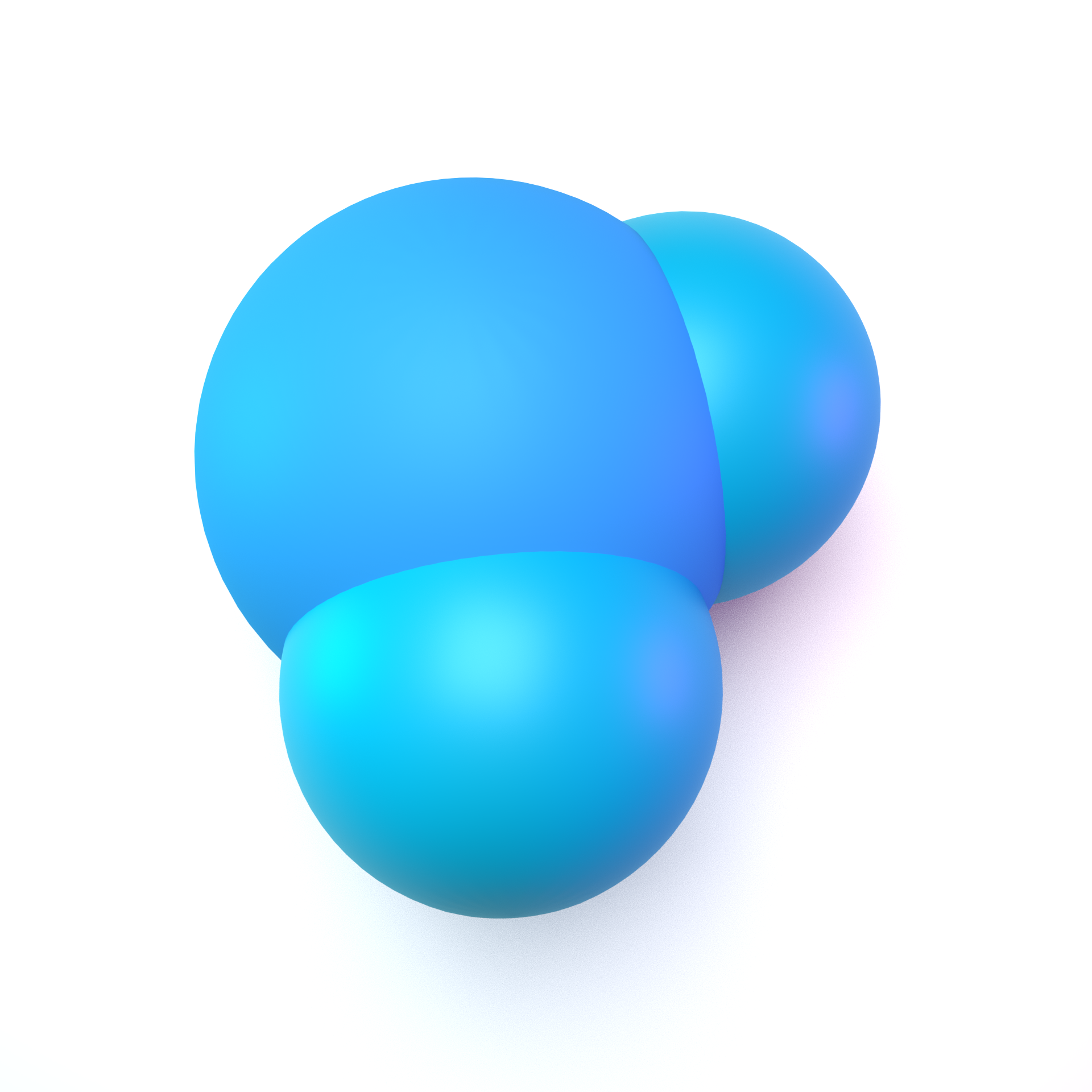Dissemination projects
SEMINARS
Immersive virtual reality in computational chemistry

Using the school of chemistry social media channels, small groups of students will be grouped for such activities. These sessions will be divided into two subgroups: the first one will be a more open approach to the use of virtual reality tools for chemistry applications, and mainly will bring a small group of students into the VR environment so they can observe three-dimensional structures of complex systems such as enzymes, periodic solid structures, and receptor/substrate interactions among others. The second group will be a more integrated approach with the current degree in chemistry, in which the students will visualize molecular systems that they are studying in specific subjects of the degree. For instance, structural isomers will be loaded to observe the different three-dimensional disposition of the atoms, specific reactivity with chirality retention, or visualization of physical properties of the molecules as charge distribution or frontier molecular orbitals, which will help the students consolidate some of the theoretical concepts that they learn in the lectures.
ModMol
Mobile application for 3D-AR molecules visualization and edition

The ModMol application allows 3D visualization of organic and inorganic molecules within an augmented reality environment. ModMol shows the 3D structure and general information of several molecules such as acetic acid, cholesterol or caffeine among many others. The molecular database is constantly updated and in addition, you can upload your own molecules in standard cartesian coordinates (name.xyz). ModMol also allows chemical editing using a library of standard fragments. This tool is designed to be a molecular repository able to support students in Chemistry or related degrees understand the principles of stereochemistry: they can observe three-dimensional structures of different compounds and nanostructures at the same time they are studying the specific subject in a given lecture. Also, thanks to the molecular modelling functionality, it allows the design of new compounds and its visualisation in a 3D space. The application is ideal for its use in the classroom or at home. MODMOL is an application developed by the Institute of Theoretical and Computational Chemistry of the University of Barcelona and the company Visyon360. This application forms part of the UB mobility project.
Available at Google Play: https://play.google.com/store/apps/details?id=edu.ub.iqtc.modmol&hl=es&gl=US
More information about Privacy and Policy HERE
